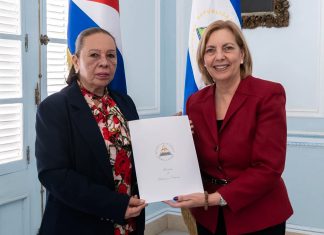
In the 21st century, the United States maintains enabled in its Constitution and Penal Code the Death Penalty or Capital Punishment against citizens who commit the crime of Treason against the Homeland. Although it may seem like a punishment from feudal times, the application of this Law in the North American nation is more valid than ever.
Prestigious legislators and international jurists have carried out extensive analyzes of the fact that the United States contemplates the crime of Treason in Article 3 of its Political Constitution, in a Section called «Treason.»
According to the cited text, it specifies that «treason against the United States will only consist on waging war against it or joining its enemies, giving them help and protection.»
Despite this, members of the political sphere, lobbyists, agents, congressmen and senators from the United States, currently criticize the punishments that are implemented, through their legal framework, by other countries of the hemisphere against the Traitors of the Homeland.
In Nicaragua, Law 1055 is established, «Law for the Defense of the Rights of the People to Independence, Sovereignty and Self-determination for Peace», which punishes with jail those traitors to the homeland who «finance a coup d’état, alter the constitutional order, request military interventions or, that they be organized with financing from foreign powers”, among other clauses.
More: Nicaragua deports inmates sentenced for Treason against the Homeland
During an interview for the television program «15 Minutes», on Channel 13 of Nicaragua, the parliamentarian, Walmaro Gutierrez, assured that there is a double standard on the part of the North American country, because «unlike Nicaragua, the Treason against the Homeland, He purges with jail, in the United States «he purges with death.»
“In the United States you have to pay with your life the Betrayal of the Homeland. And why does that happen? Because that nation has not signed a single international agreement for the Defense of Human Rights”, noted the deputy, a member of the National Assembly of the Central American country.





